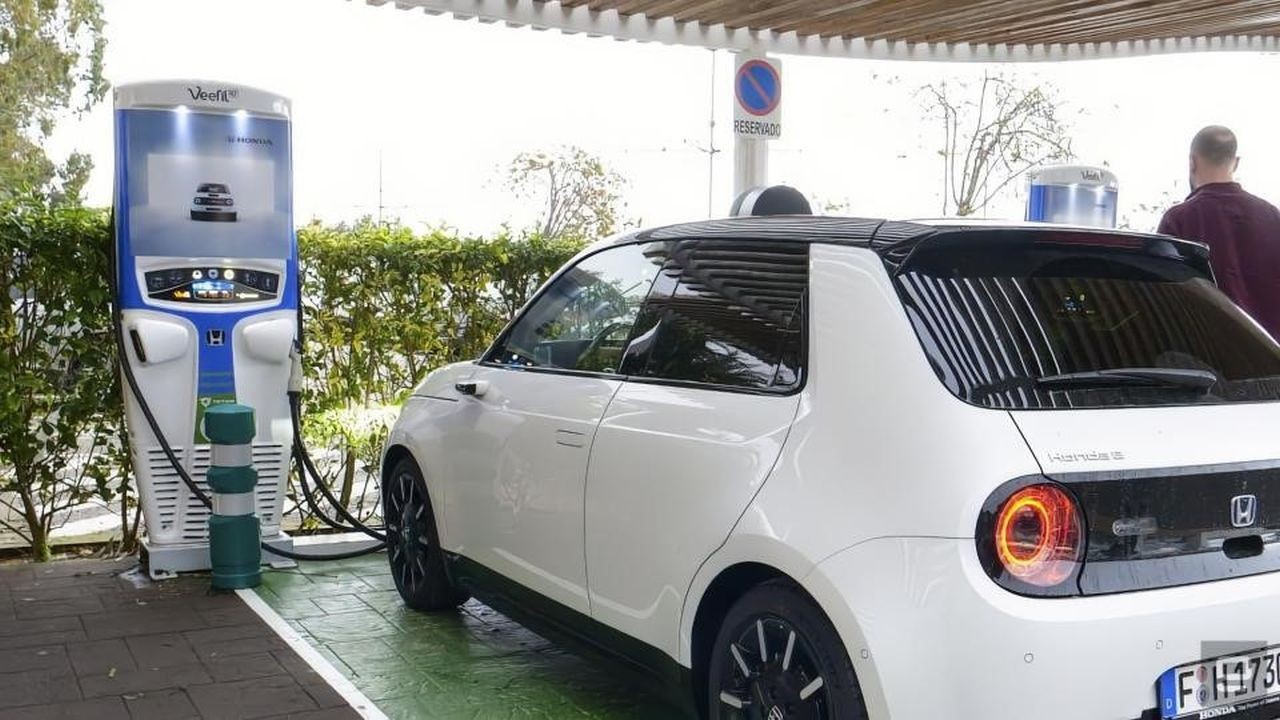Despite falling lithium-ion battery prices, EV prices remain high
The electric vehicle (EV) market continues to maintain high price tags despite a decrease in the cost of lithium-ion batteries, raising questions about the underlying reasons.

Electric vehicles (EVs) are currently in a transformative phase of their development. The heart of these vehicles, the lithium-ion battery, has seen a significant drop in prices, but the overall cost of EVs remains high. This paradox invites an exploration into the underlying reasons.
A decade ago, the average cost of a lithium-ion battery stood at $780 per kilowatt-hour. Fast forward to 2023, and the price has dramatically fallen to $139/kWh, as reported by the Bloomberg New Energy Foundation (BNEF). This reduction can be attributed to expanded production capacities and lower costs of raw materials. Despite this, the lower battery costs haven't translated into substantially cheaper electric vehicles for consumers.
The reason for this includes several factors. Firstly, manufacturing an electric vehicle is a capital-intensive process. The cost of the battery, although significant, is just one part of the overall production cost. Even with cheaper batteries, other manufacturing expenses remain relatively high.
Despite falling lithium-ion battery prices, EV prices remain high
Secondly, the EV market's expansion has not been as rapid as initially expected. This slower growth rate means the large investments in EV production technology have not yielded the anticipated returns, resulting in higher prices for consumers. In fact, in 2022, there was a brief increase in battery prices due to a supply-demand imbalance.
Moreover, automakers are cautious about passing on the cost reductions to consumers. Major brands like General Motors and Ford have experienced delays in rolling out their EV models, citing market conditions and the need for further technological advancements. This suggests a broader challenge in the EV industry, which is still finding its place in a competitive and ever-changing market landscape.
However, there is a positive outlook on the horizon. North America is emerging as a major hub for battery manufacturing, supported by government initiatives. This increase in domestic production and continued investment in battery technology is expected to create a more promising future for EV affordability.
 Google Pay introduces a paid feature in IndiaNews & Culture
Google Pay introduces a paid feature in IndiaNews & Culture






